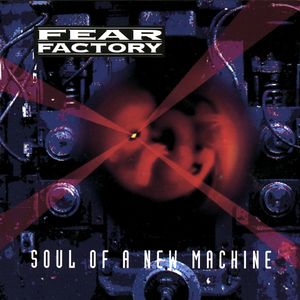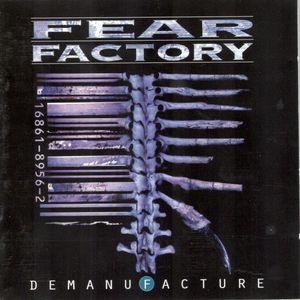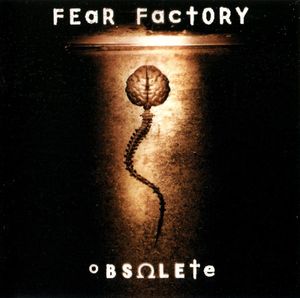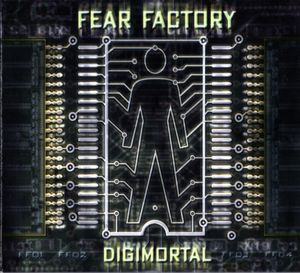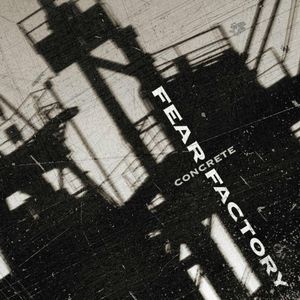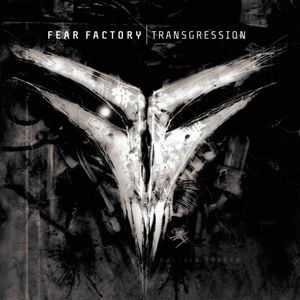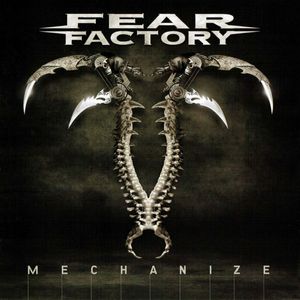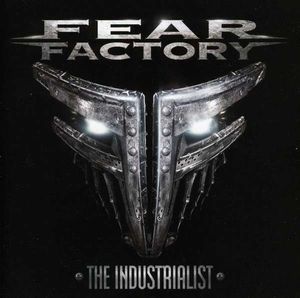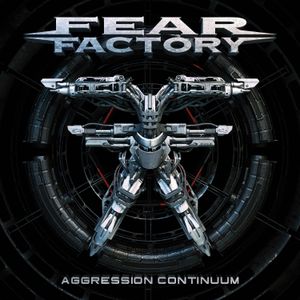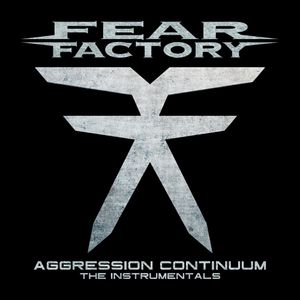
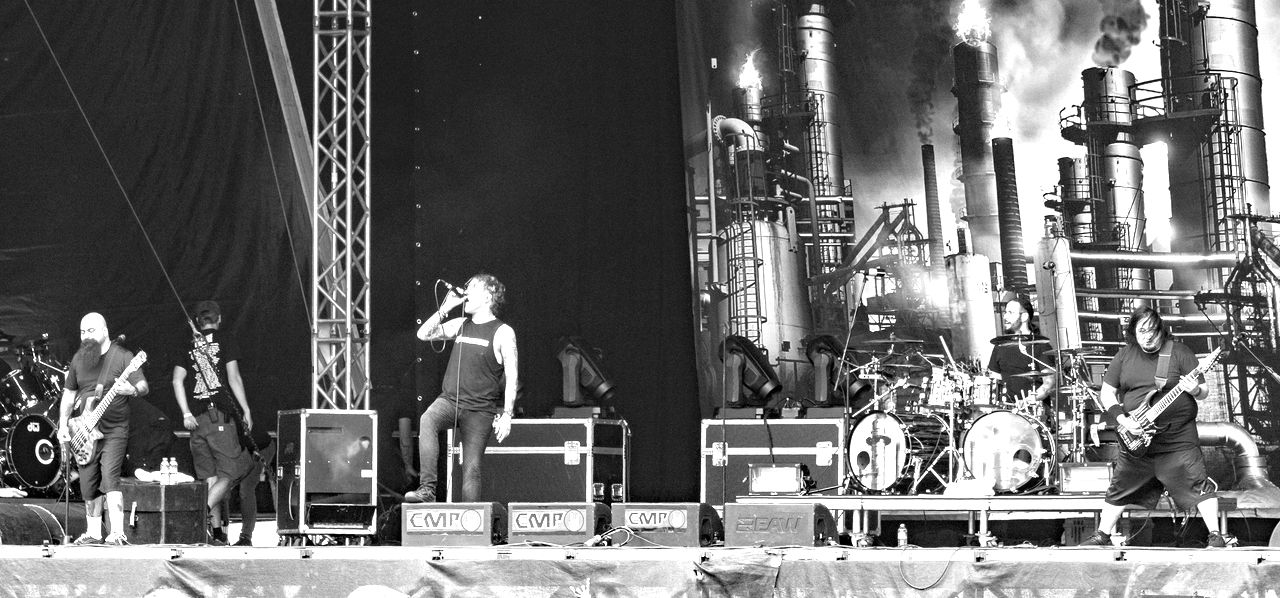
Fear Factory
Follow Your Favorite Band Today!
Top Fear Factory Community Posts
Story of Fear Factory
Fear Factory: A History of Industrial Metal Mayhem
Fear Factory, the American industrial metal pioneers, emerged from the Los Angeles underground scene in 1989. Over the years, they've forged a distinct sound that's pushed the boundaries of their genre, churning out ten full-length albums and leaving an indelible mark on heavy music.
The band's journey has been one of constant evolution, with a revolving door of members, save for the iconic Burton C. Bell (vocals), who held the fort for 31 years before his departure in 2020. The sole remaining original member, guitarist Dino Cazares, has remained a constant force, driving the band's signature sonic assault.
Fear Factory's history is marked by internal turmoil, leading to several hiatuses. The first came in 2002, when disagreements caused a split, resulting in the departure of Cazares. Former bassist Christian Olde Wolbers stepped in on guitar, while Byron Stroud took over bass duties.
Following a second hiatus in 2006, the band reformed in 2009 with a new lineup that saw the return of Cazares, the addition of Gene Hoglan (drums) to replace original drummer Raymond Herrera, and Bell and Stroud reprising their roles. This lineup birthed the band's seventh album, the critically acclaimed Mechanize (2010).
However, the reunion was short-lived. Wolbers and Herrera, who owned 50% of the band's legal ownership, challenged the legitimacy of the reunion, sparking a legal battle. Despite the ongoing dispute, Fear Factory soldiered on, releasing three more albums: The Industrialist (2012), Genexus (2015), and Aggression Continuum (2021).
Throughout their career, Fear Factory has been a force to be reckoned with, conquering stages at Ozzfest (four times) and the inaugural Gigantour. Their influence on the industrial metal scene is undeniable, and their story continues to unfold with each new chapter.
Frequently Asked Questions
Bands you may like
More Alternative Metal Bands
Discover more bands in the Alternative Metal genre and explore the diverse sounds that define this musical style.
Browse All Alternative Metal BandsMore Bands from United States
Discover the rich musical heritage of United States and explore bands that represent the country's unique sound and culture.
Browse All United States Bands
